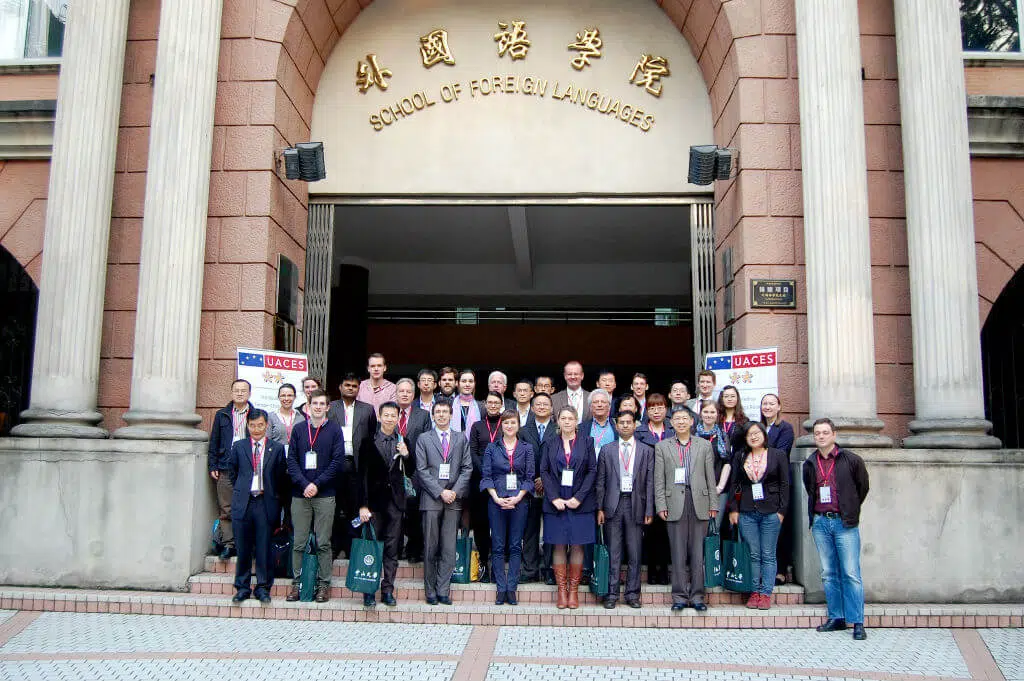
- the European Union seeks to further advance ties among its members as a solution to the on-going financial crisis;
- China and the EU have pledged to negotiate a Bilateral Investment Treaty;
- the Association of South East Asian Nations (ASEAN) is taking steps to deepen integration among its members in a number of policy domains;
- China, Japan and Korea have concluded the first round of negotiations on a Free Trade Agreement in March 2013
- while the US remains invested via the Asia-Pacific Economic Cooperation and the Trans-Pacific Partnership (TPP).
At the same time, sub-state actors in both Asia and Europe are transforming into important foreign policy actors, too.
These phenomena raise many questions: What role do leading countries in Asia and Europe play in regional integration processes, most notably China and Germany? How does regional integration in Asia and Europe change the relations to the US and vice versa? Does regional integration help the Asian and European economies and companies keep or regain their competitiveness? What is the impact of regional integration on peripheral countries? And what is the role of sub-state actors like provinces or cities in regional integration?
These central questions were addressed during the Third Workshop on Europe-China Relations in Global Politics, organised by the Graduate School of Global Politics at Free University Berlin and the School of Foreign Languages at Sun Yat-sen University in Guangzhou which kindly hosted the event. The workshop took place in the framework of the UACES Collaborative Research Network on EU-China Relations (ESSCA School of Management at Angers / College of Europe at Bruges / Graduate School of Global Politics at Free University Berlin). The event was generously supported by the Konrad-Adenauer-Stiftung, Shanghai as well as the Association France Euro-Chine. More than 80 scholars, diplomats and other practitioners, students, and interested individuals from over 20 different countries in Asia, Europe and beyond participated in the event.
Please find the detailed final report by Frauke Austermann here.
Following the growing success of this yearly event, preparations for the 4th workshop in March 2015 are already under way. The topic will be ‘Cities as Actors in EU-China Cooperation’. Watch out for the publication of the call for papers or contact directly Maximilian Rech at ESSCA in Shanghai (max.rech@fu-berlin.de).




